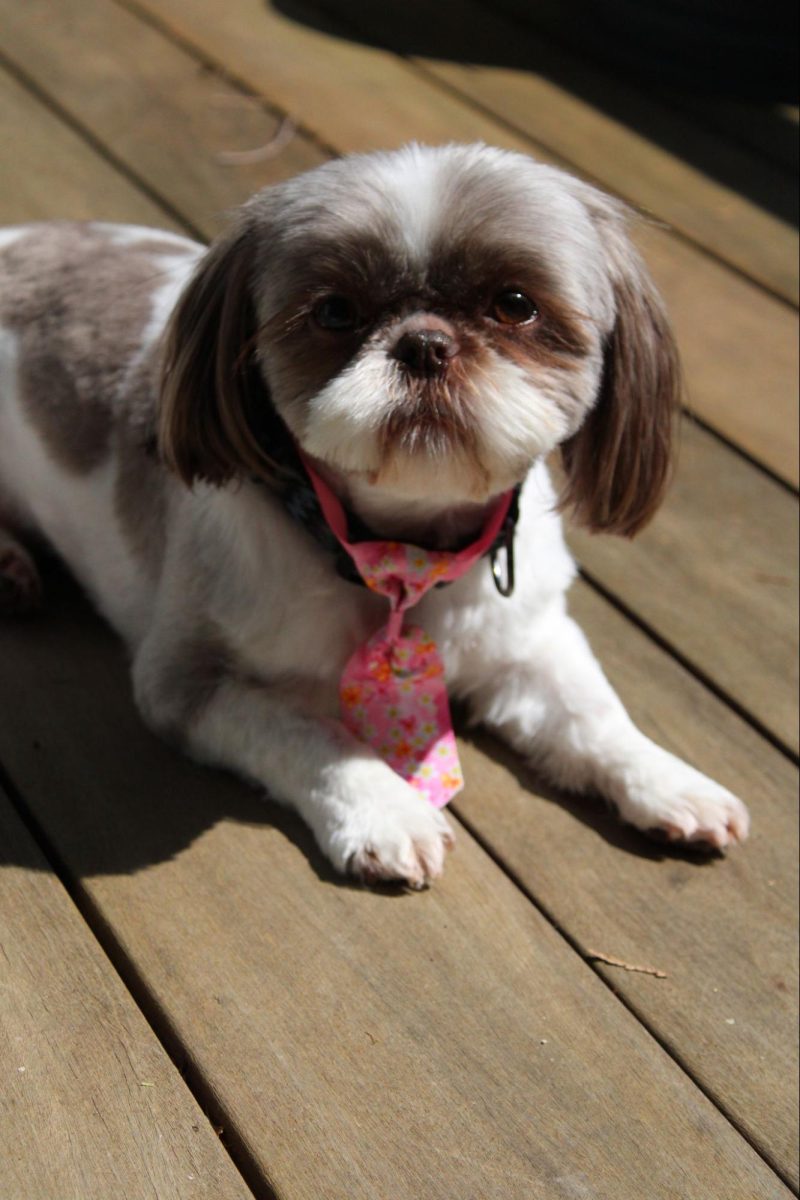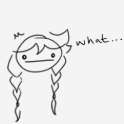The thorny joke
May 13, 2019
“Careful with that dog! Don’t eat it.” “Hello Tech-Support, can you fix my computer?” They stand there waiting, waiting for that laugh. Nervous eyes flit back and forth, waiting to see who cracks first. Then it comes. A casual nodding of the head that emits a nervous chuckle. Shoulders sag, lips turn upwards, and tension of the room is abruptly deflated. It’s the anatomy of the racial joke in action.
In an age where brusque and nonconforming humor is all the rage, it’s no wonder that racist humor is such a prominent part of humorist culture. Afterall, isn’t that the point of humor; to take what we consider untouchable and flip it onto its head? Of course, there’s still a fine line between comedy and unironic hate. But right now it seems as though that line is nothing but a murky cloud of uncertainty, and the giant scope of the internet sure doesn’t help.
As an Asian-American student, I’ve heard my fair share of racial jokes. Some of them are genuinely funny, and I often find myself laughing at them to this day. Others are painfully distasteful, immediately souring the amiable atmosphere, spawning something even worse than racism: awkward silences.
But between these jokes are the ones that remain murky of their intent. When a person of similar race targets my race in a joke, I’m immediately assured of their harmless, sincere nature. However, when the joke flies from the mouth of another race, there’s always a tiny sliver of suspicion, suspicion of something far more sinister that lurks within the jest.
The fact of the matter is, it’s practically impossible to determine one’s true intent when telling such a loaded joke. When we look offended they immediately get all apologetic, insisting that it was “just a joke.” And we look into their gleaming eyes, searching for something, anything, to give away even a glimmer of racism. What do they really think of me and my skin? What made them notice it in the first place? But at the end of the day we get no confirmation, no closure. The eyes are only a small window into the soul, and a murky one at that.
It’s this kind of uncertainty that eventually becomes ingrained into the subconscious mind, like a confused tumor. Every glance, smile, frown, smirk, and stare becomes another number in the mind’s wheeling calculations, trying to fashion an algorithm to determine one’s “racism levels.” What a life.
But it’s a life we’ve adapted too. Make fun of a man’s race, and he will merely laugh with you. This seems especially true with the Asian and Indian population of Bothell High School. In fact, most jokes seem to stem from the people of color themselves. One could say that they’ve learned to combat hate with love, love of the edgy humor that surrounds them. Others would say that they’re cornered into accepting the self-deprecating “truths” that are shoved into their faces. Rather than fight the hate they join it, going against themselves.
It’s a long and complicated issue, and the truth is no one has an answer for it. As messy as it is, we can’t expect people to gloss over our many differences. As a minority, every part of us sticks out like a sore thumb, almost begging for some cruel display of attention. It’s not a simple problem with humanity; it’s an unfailing way of nature. Different things will prompt different actions. So in a way, racist jokes might be here to stay for a long while. Might as well laugh with it, right?






